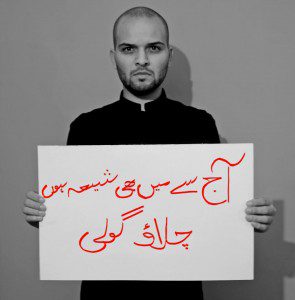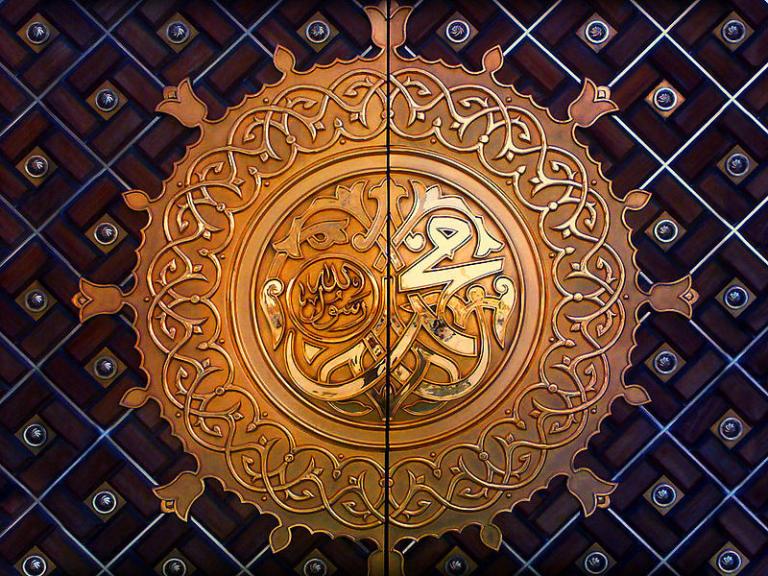
Trawling through the Muslim internets in recent days, I noticed a lot of heavy issues rising to the fore. How patriarchy and misogyny in American Muslim communities affect healthy spiritual practices for both genders. Emotional discussions on Tumblr on how internal racism promotes a hierarchy of superiority among American Muslims based on skin color and economic power (this conversation was reiterated in a Twitter discussion on the use of the word abeed – slaves – by Arabs to refer to Black people). The role of the American mosque and why women and others who might feel marginalized by the male, immigrant, straight Powers That Be are leaving their mosques. Photo campaigns deriding the silent complicity of the Muslim majority regarding terrorist attacks on Shia communities in Pakistan. Hijab and the sexism of gendered expectations of young Muslim men and women. Memes commemorating the 2nd anniversary of the Syrian uprising and reminding Facebook users of the Rohingya plight in Myanmar. Debates on whether Rand Paul’s drone filibuster was political opportunism or the stand of a principled man. Discussions on whether the multi-media campaign My Jihad is a helpful tool to combat Islamophobia. And the urgenct need for new religious leadership that understands the nuanced issues Millennial Muslims face around sex, gender, race, etc., on campuses and mosques across the country.
The general consensus of these discussions has been that the current American Muslim leadership (however defined) hasn’t done enough to minister to the needs of young American Muslims. Whether they are immigrant uncles focused on maintaining their ossified leadership positions to the detriment of the growth of their communities, 40-something bourgeois Muslims looking to mainstream in high brow national politics, or African American leaders solely focusing on their local communities, the conclusion of much these internet conversations has been that the current American Muslim leadership does not adequately acknowledge or address the problems affecting their younger generations. The leaders seemingly hide their heads in the sand when it comes to issues cleaving Millennial Muslims: racism, misogyny, sectarianism, and homophobia. Even if they understand that they are not equipped to handle and prevent these issues – considering many self-appointed leaders do not have backgrounds in the social sciences, psychology or community organizing – they also have not opened safe spaces in their communities for frank, open discussion on these questions.*
And so, Millennial Muslims have taken it upon themselves to open those very spaces online. Social media activism has it’s own limits, however, and it remains to be seen whether Millennial Muslims will translate their online discussions, solidarity actions and memes into social change in their real world mosques, institutions and communities. Unmosqued, is an upcoming documentary film about the relationships American Muslims have with their mosques. It has spawned a multifaceted and multiplatform discussion among religious leaders and lay Muslims alike and is one example of a virtual discussion crossing over to the real world. Millennial Muslims are using social media as a new avenue for a national discourse on these issues and that can only be a positive trend.
*One of the few organizations that does open a safe space is the Oakland-based Ta’leef Collective, whose motto is “come as you are to Islam as it is.”











